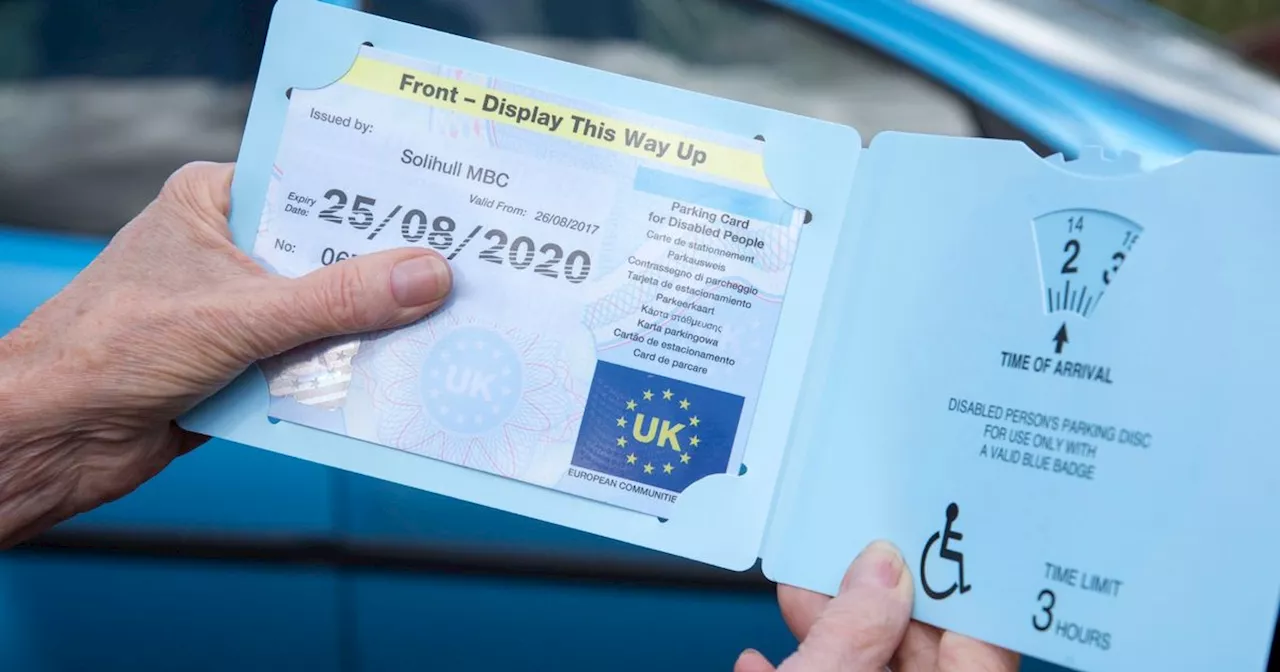This news article explores the eligibility criteria for obtaining a Blue Badge in the United Kingdom. It covers both automatic qualifications for those with long-term disabilities and outlines circumstances where temporary badges might be considered. The article also provides guidance on the application process and resources for further information.
If you have a physical disability or health condition that affects your ability to walk safely, or have a hidden illness such as dementia, autism or Parkinson's, you may be able to get a Blue Badge to help you park closer to the places you want to go. A Blue Badge holder travelling either as a driver or a passenger can park for free in disabled parking bays and may also be exempt from other parking restrictions.
The latest statistics from the Department for Transport and Transport Scotland show there are currently more than 2.8 million Blue Badge holders in England (2.57m) and Scotland (235,779), and in many cases, people will automatically qualify for the parking permit. However, Labour MP Jo White has asked the Department for Transport if it will make an assessment of the potential merits of “providing temporary Blue Badges to people recovering from operations”. In a written response on Monday, Transport Minister Lilian Greenwood, explained how the Blue Badge scheme is “primarily about helping people with a long-term disability, that affects their capacity to access the goods and services they need to use”adding that “anyone may be entitled to a badge if they meet the eligibility criteria”. Ms Greenwood also said: “The Department has issued local authorities (in England) with advice on how they could use existing powers to provide locally determined parking concessions within their areas. For example, some local authorities grant parking concessions to assist their elderly residents. The same powers could be used to help those with temporary disabilities.” People on the higher level of the mobility rate for Personal Independence Payment (PIP), Adult Disability Payment (ADP), Child Disability Payment (CDP) and Disability Living Allowance (DLA) will automatically qualify for a Blue Badge. However, the Scottish Government has published a comprehensive list of circumstances which could see people with walking issues or parents caring for a disabled child, qualify for a Blue Badge. Applications for a Blue Badge can be made online, however the guidance advises that people with a mental condition need to contact their local council directly. It states: “If you have a mental condition that means you lack awareness about the danger of traffic, you cannot apply online. You should phone your local council's Blue Badge team for a paper application form.” The guidance also advises that those who do not automatically qualify for the Blue Badge scheme may need to have a mobility assessment and a meeting with a healthcare professional. It’s also worth noting that there is no set processing time for new applications or Blue Badge renewals, but it can take around 12 weeks. Your local council processes Blue Badge applications and sets the price - they will also be able to advise on how long it might take. Below is a brief overview of the Blue Badge application process. Full details can be found on MYGOV.SCOT here. Blue Badge automatic qualification You will automatically qualify for a Blue Badge in Scotland if you: Other people who may qualify for a Blue Badge If you are not automatically eligible, you may be able to get a Blue Badge in certain circumstances, if you: Blue Badge updates Where can I park with my Blue Badge? You can use your Blue Badge to park in certain restricted areas for free, including: Using your badge in other parts of the UK You can use your Blue Badge in most other countries. If you're using your Blue Badge in England or Wales you will need to use a parking clock - this comes with your Blue Badge. The Timer Clock is a plastic dial with hands that can be adjusted to show the time of parking arrival. What do I need to apply? Applications are made online to your local council and you’ll need a recent digital photo showing your head and shoulders - you can take this picture yourself. You will also need a photo or scan of your: You will also need to know: Once you apply, your local council will process your application and give you a decision. If your application is turned down Your local council should tell you why you’re not eligible. You can ask them to reconsider their decision if you think they haven’t taken into account some important information. You can also reapply if your disability or health condition becomes more serious. Apply for a Blue Badge on the mygov.scot website here.
Blue Badge Disability Parking Eligibility UK Transport Scotland England Applications
United Kingdom Latest News, United Kingdom Headlines
Similar News:You can also read news stories similar to this one that we have collected from other news sources.
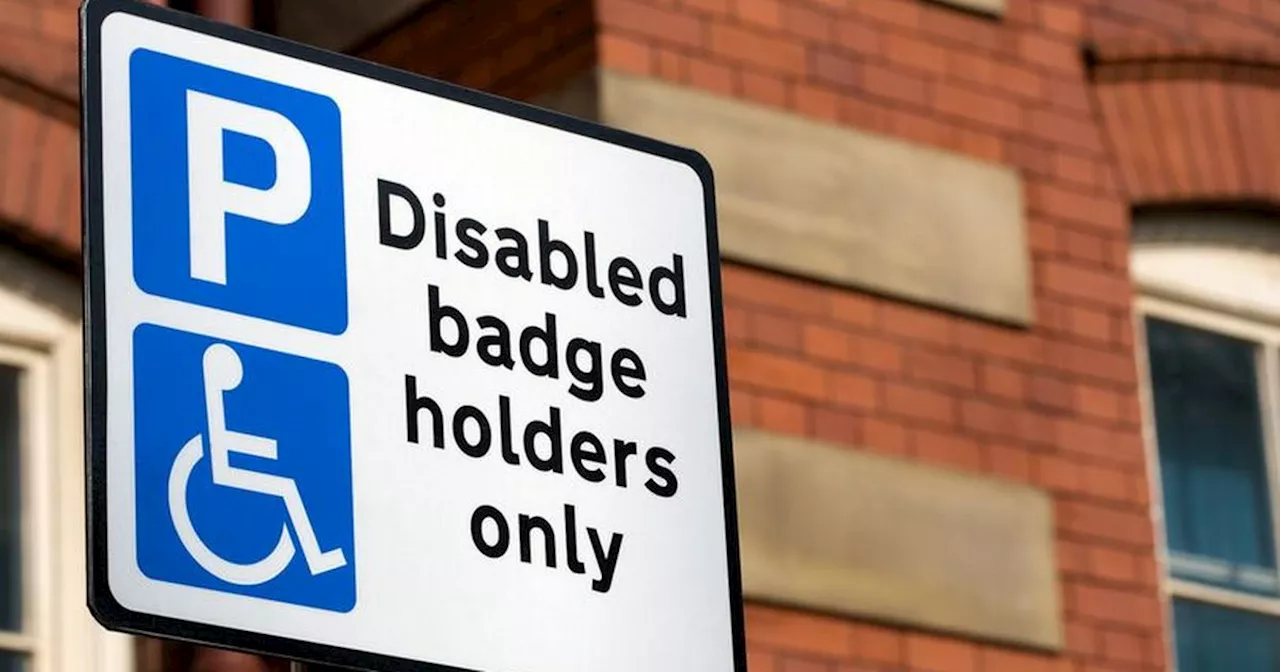 Blue Badge Eligibility Expanded in ScotlandThe Scottish Government has announced expanded eligibility for the Blue Badge scheme, making it easier for people with walking difficulties, hidden illnesses, and parents caring for disabled children to access parking permits.
Blue Badge Eligibility Expanded in ScotlandThe Scottish Government has announced expanded eligibility for the Blue Badge scheme, making it easier for people with walking difficulties, hidden illnesses, and parents caring for disabled children to access parking permits.
Read more »
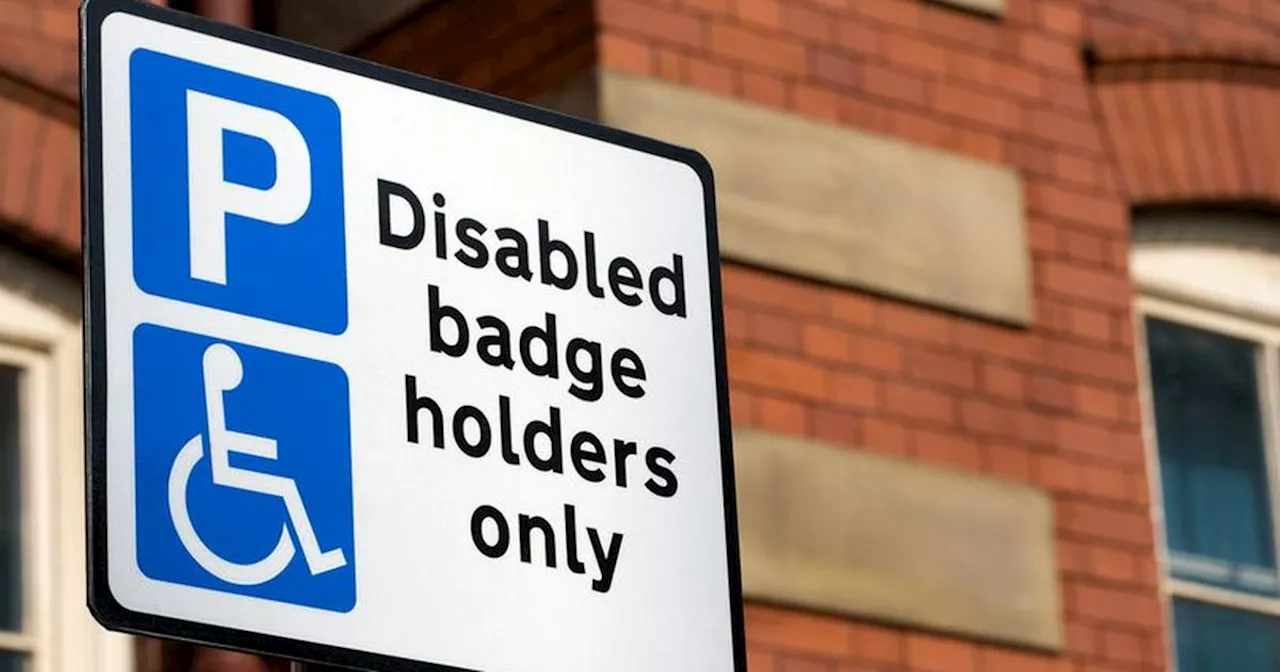 Full list of people who may automatically qualify for the Blue Badge schemeA Blue Badge can be used by people travelling in any vehicles as a driver or a passenger.
Full list of people who may automatically qualify for the Blue Badge schemeA Blue Badge can be used by people travelling in any vehicles as a driver or a passenger.
Read more »
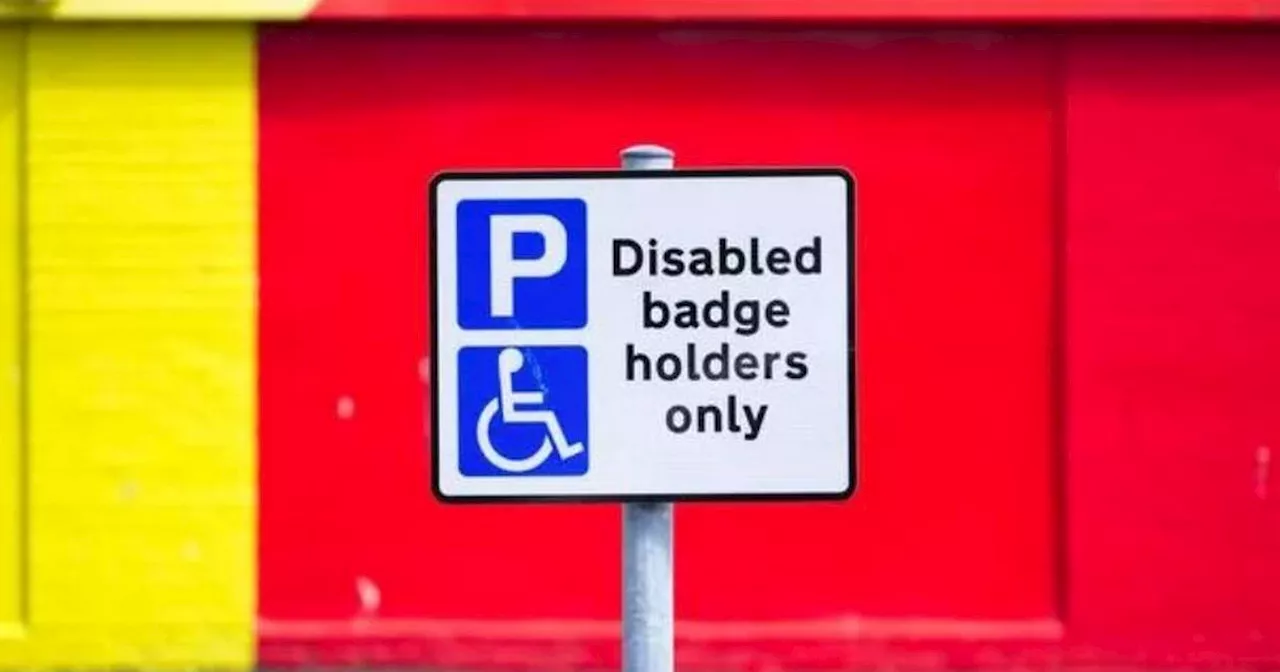 Blue Badge rule breakers face £1,000 fines in former Yorkshire townAlmost 1,000 motorists have been issued with fines in the past 12 months across a UK region
Blue Badge rule breakers face £1,000 fines in former Yorkshire townAlmost 1,000 motorists have been issued with fines in the past 12 months across a UK region
Read more »
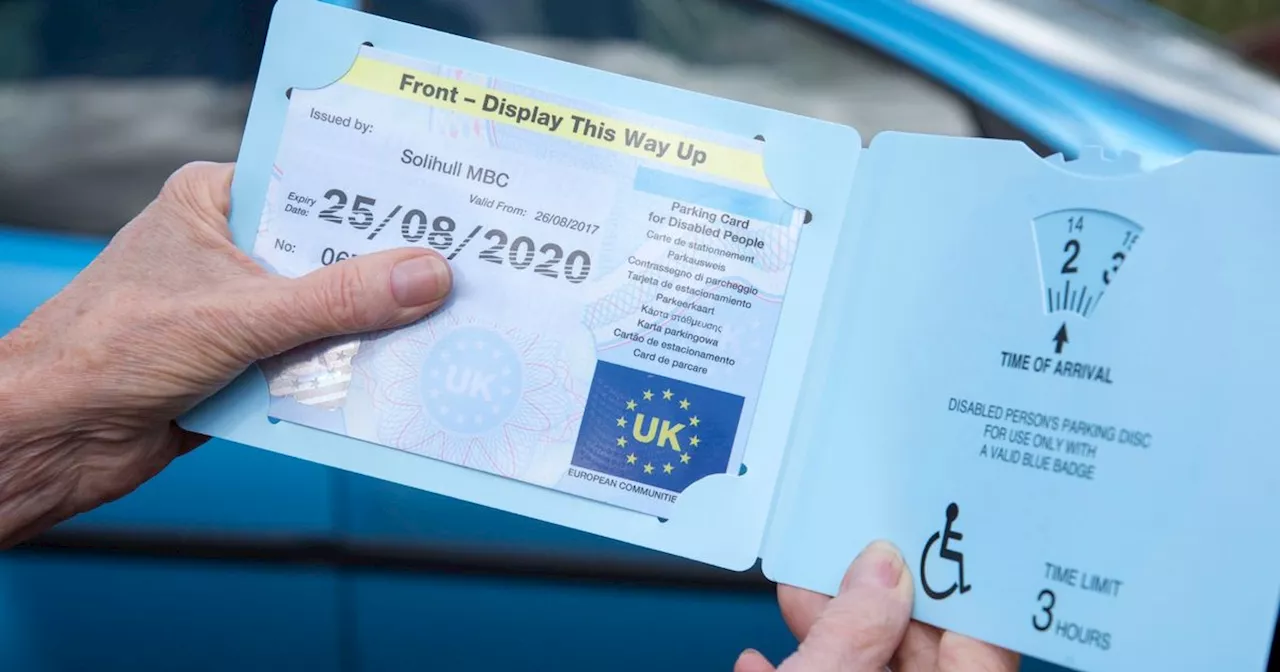 Blue Badge three-month warning for people using permit as a driver or passengerLocal councils across Great Britain usually issue Blue Badges to people for three years.
Blue Badge three-month warning for people using permit as a driver or passengerLocal councils across Great Britain usually issue Blue Badges to people for three years.
Read more »
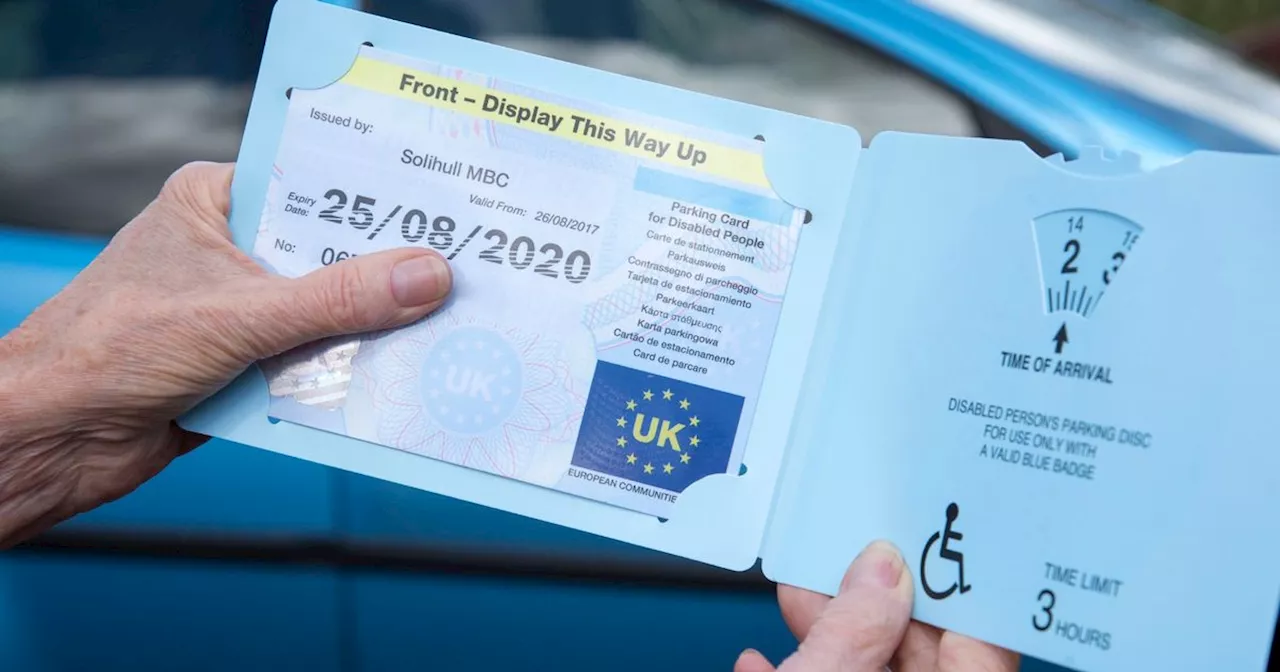 Blue Badge Renewal Reminder: Avoid £1,000 FineOver 2.8 million Blue Badge holders in England and Scotland are reminded to renew their permits before they expire, avoiding a hefty £1,000 fine for misuse.
Blue Badge Renewal Reminder: Avoid £1,000 FineOver 2.8 million Blue Badge holders in England and Scotland are reminded to renew their permits before they expire, avoiding a hefty £1,000 fine for misuse.
Read more »
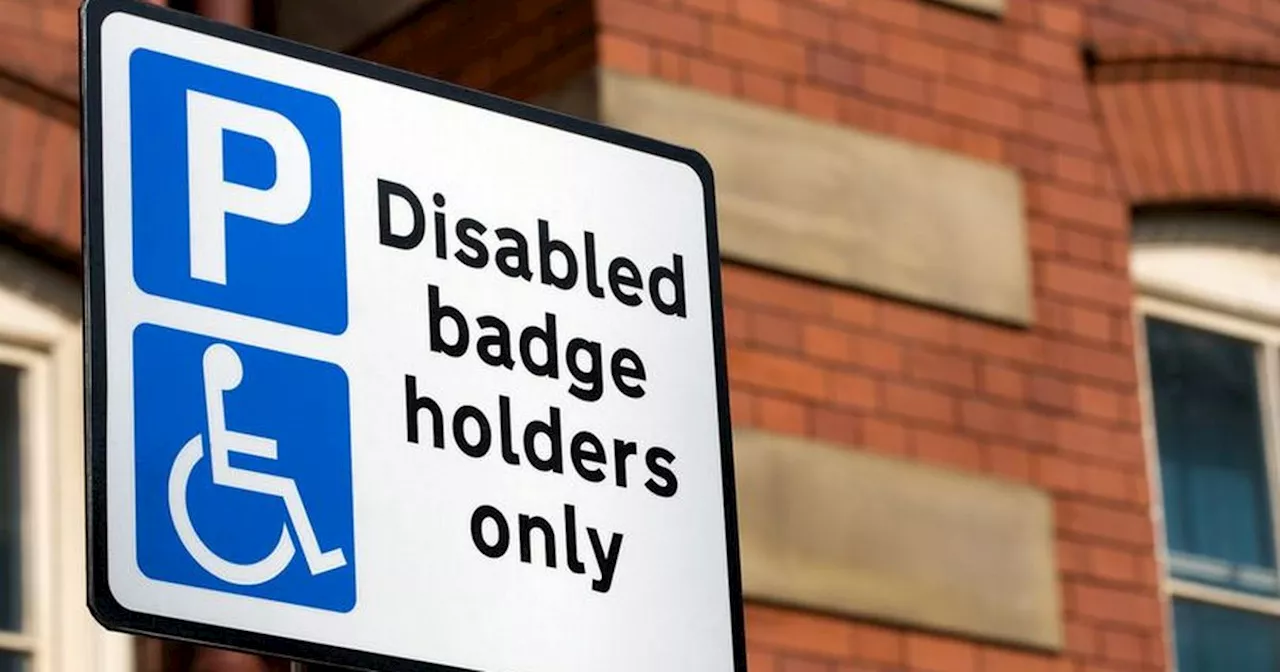 People with a Blue Badge could face fine for doing any of these six thingsMisuse of the Blue Badge scheme when travelling as a passenger or driver is classed as a crime.
People with a Blue Badge could face fine for doing any of these six thingsMisuse of the Blue Badge scheme when travelling as a passenger or driver is classed as a crime.
Read more »
